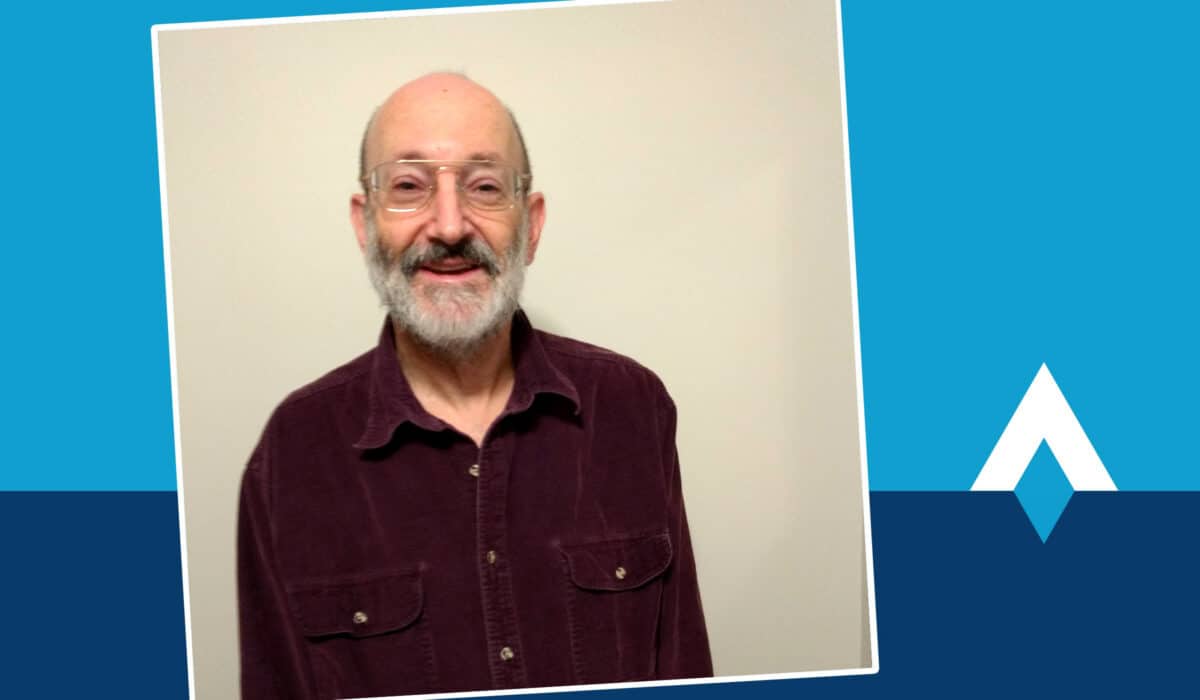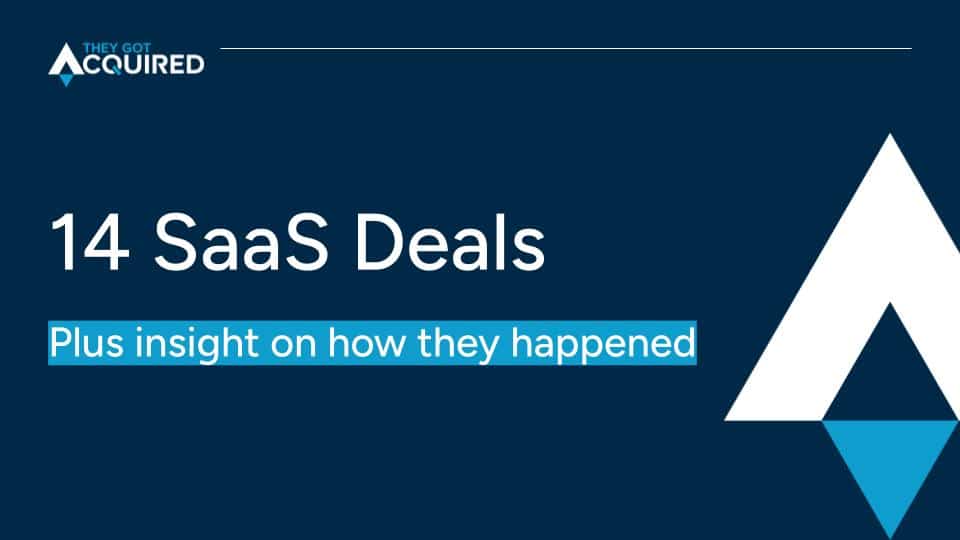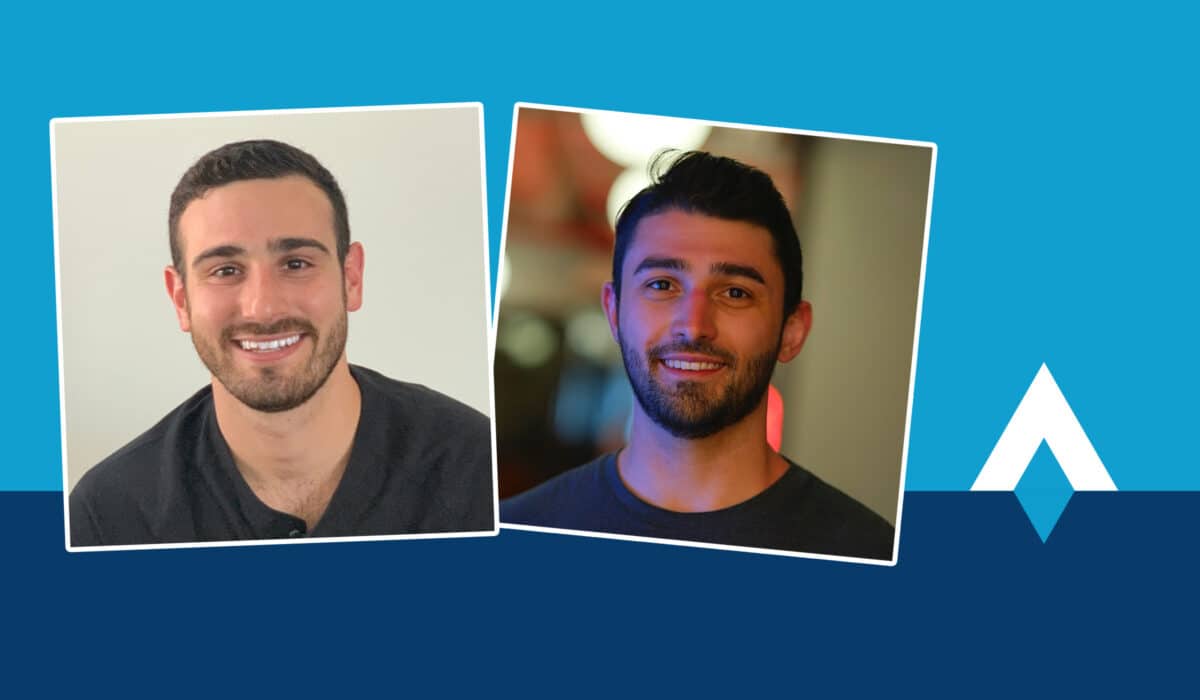Entrepreneurs often offer a free version of their product as a way of getting users into their ecosystem. But software developer Dan Cooperstock took that to another level: he gave his product away for free for eight years before charging for it.
That’s because when he first built Software4Nonprofits in 1999, he didn’t intend for it to be a business. Cooperstock is a Quaker, and while volunteering at his Quaker meeting, he noticed that the software the organization was using to track its finances had some major problems. “I could see that the thing we’d bought before was not designed by a professional programmer,” he said in a podcast interview with Quiet Light, the brokerage that eventually helped him sell the business.
Cooperstock built a new solution that helps small churches, charities and other non-profits with bookkeeping, including tracking donations. After allowing users to access it for free for years, in 2007 he gave users the option to pay a small annual fee to access customer support and upgrades. “And a lot of them did,” he said, “very, very quickly.”
This transition allowed Cooperstock to make Software4Nonprofits his full-time job. He ran the business solo, including providing customer support for thousands of users, until 2014, when he hired his first employee. Eventually the company grew to three employees.
Cooperstock was content supporting himself and a few employees, he said in the interview, and didn’t want to scale the business beyond that.
“I was very aware that in many ways I was running what’s often called a lifestyle business,” Cooperstock said. “I got a nice life out of it. I felt like I was doing a service.”
His Quaker values served as a guide in building and running the business: “Values like truth and transparency and integrity were very big in how we thought about decisions,” he told They Got Acquired.
Decision time: finding a broker and selling Software4Nonprofits
The business grew to 10,000 users — half paid and half free — almost entirely through word of mouth, and also got an SEO boost because it ranked well in Google for many terms that included the word “donation,” though Cooperstock said this was lucky and not intentional. The software cost $99 or $129 per year.
Even as he slowly grew his team, he still felt like he was always on, and always responsible for those thousands of customers. “I’m 65,” he added in the podcast interview, “and I have a few health issues… And so it was just kind of time to slow down and have someone else shoulder the responsibility.”
He made a couple of attempts to sell the business to personal or professional contacts, but those efforts fizzled out. So in 2022, he approached Quiet Light, a brokerage that focuses on selling online businesses.
Preparing a due diligence package for the sale was challenging, Cooperstock said. He hadn’t previously measured some of the success metrics buyers wanted to know, like churn or customer retention rate. But once he pulled enough information together, he ended up with 10 interviews with potential buyers and five offers.
Finding the right buyer was important to Cooperstock. “I’ve always cared deeply about the customers and about the market that I’m serving. And so that’s why I want to make sure that not just the staff, but the customers will be well taken care of,” he said.
He sold to two “experienced tech entrepreneurs who’d been through acquisitions and exits before, so understood the process,” Cooperstock said in the interview. “And that gave me confidence.” He also told They Got Acquired that he believes the buyers “want to continue with much the same values and the feeling of being of service to the nonprofit community.”
It was a mid-6 figure deal, Cooperstock said, and the sale price was a 3x multiple of SDE, or seller’s discretionary earnings. SDE was about $150,000 at the time of sale, he said. As part of the deal, Cooperstock agreed to continue working with the company for a year to help smooth the transition. He hasn’t yet achieved his goal of working fewer hours, he told They Got Acquired, but expects to in the upcoming year, as the transition progresses.
“I think I ended up doing something that was very different from what a lot of people trying to be entrepreneurs tried to do,” Cooperstock said in the interview. “I was, you know, solving my own problems, basically, is how it all started. I was working in an area that I cared about, and I think that’s a piece of advice I would give: don’t just [create] anything that you think can sell. If it’s something that you care about, that’s going to really help.”
This post contains an affiliate link from one of our partners. If you use their service after clicking our link, The Got Acquired receives a commission. We create our content independent of our partners; no partner was involved in the reporting or writing of this piece.



